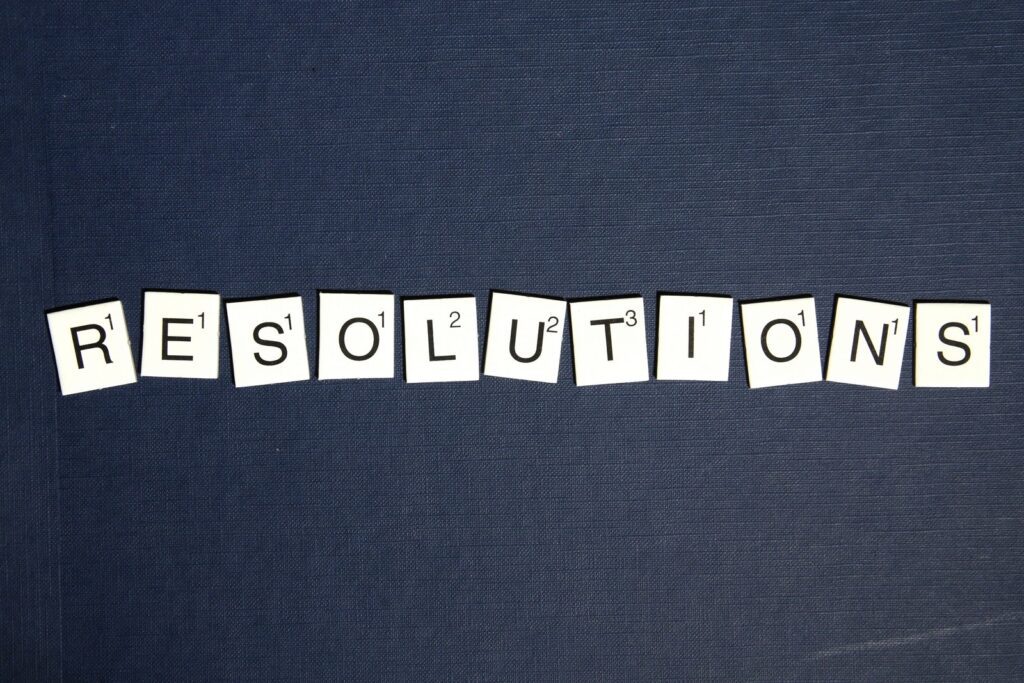
Financial New Year’s Resolutions
January 10, 2022
Like many others, I have had to answer the perennial question: “What are your New Year’s Resolutions?” While my mind immediately jumped to eating salads over burgers or making more trips to the gym, I wanted to include a set of financial resolutions. A simple set of objectives would be to spend less and to save and invest more, but I wanted some specific actions that I could take.
The first action I set is to create a tight yet realistic budget. There are several budgeting software tools available. I chose to use Mint due to the automated nature of its transaction tracking. After linking my bank account, I set up spending limits for various categories (with most scrutiny around costs of going out to eat and travel for weekend getaways) and have committed to checking every month to make sure I keep to the limits that I set. In addition, I resolved to review my transactions every 3 months for recurring subscription products. With free trial periods and relatively low monthly costs, accounts with streaming services like Netflix, Hulu, and Disney Plus are easy to forget about but can start to add up. On top of those, there are also subscriptions to physical businesses like gyms and car washes, which are also easily forgotten, and could be set to autopay each month whether you use them or not!
With spending taken care of, I came up with a few habits that may help me hold onto any leftover cash. The first is to increase my automated contributions to tax-advantaged retirement accounts like a 401k plan or an Individual Retirement Account (IRA). Setting up these contributions means that the cash from each paycheck is automatically put away into a planned set of investments and never enters a checking account where it might be more tempting to spend it. Similarly, I have set up an automated addition to a high yield saving account scheduled just after payday for the amount of cash that should be left if I stick to my budget. My hope is to end up with some extra cash stowed away at the end of the year, but if there is a slip-up or unexpected expense, I will have a cash buffer that is earning a higher rate of interest than a checking account.
Many other habits can help achieve financial goals. For some, that may mean automating debt paydown to chip away at a student loan or saving up for a big-ticket item like a down payment on a home. No matter the goal, I think everyone could benefit from reflecting on some resolutions for financial health in 2022. The ancient Babylonians started a similar process over 4,000 years ago by making annual promises to pay their debts and return anything they had borrowed. It seemed to work out pretty well for them as they built one of the earliest empires.
Corey Erdoes

